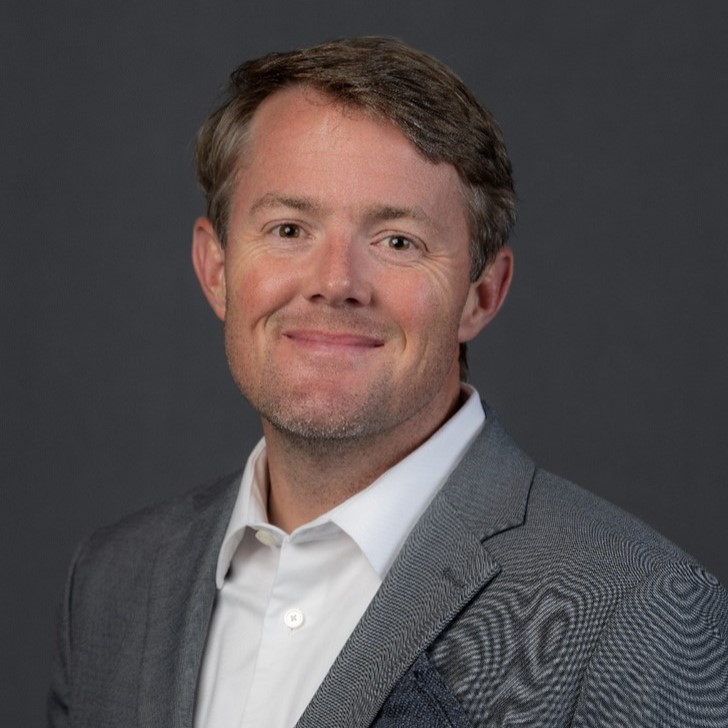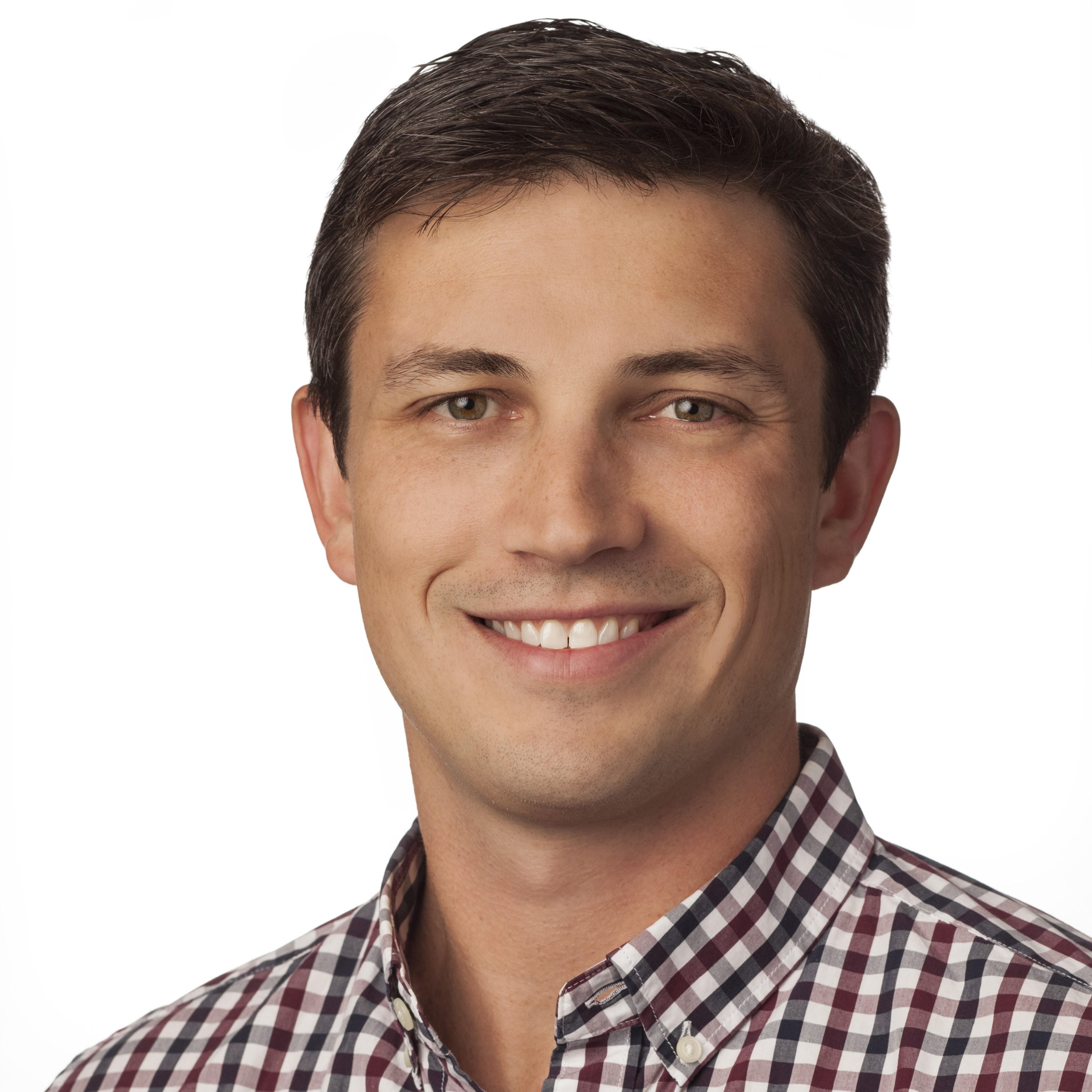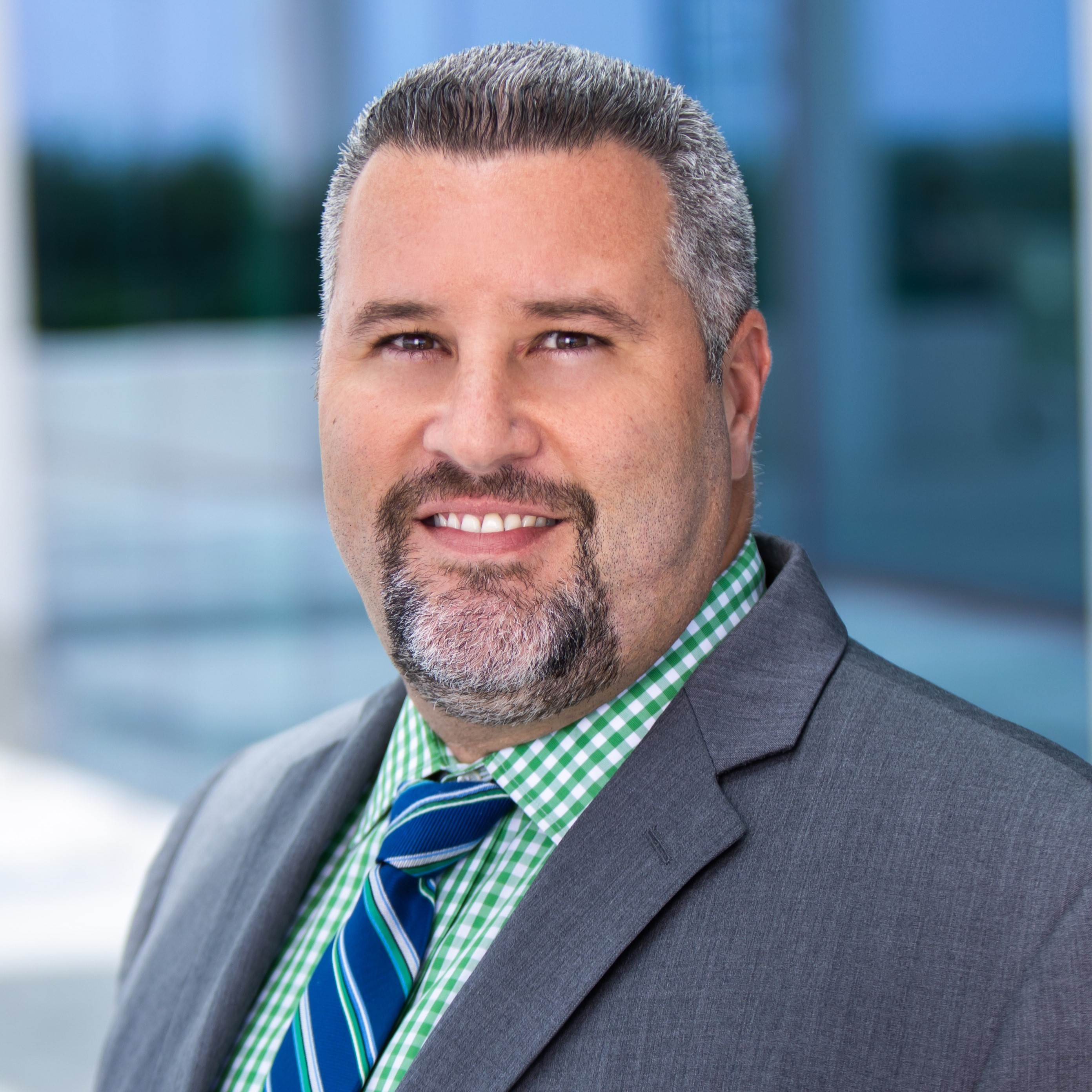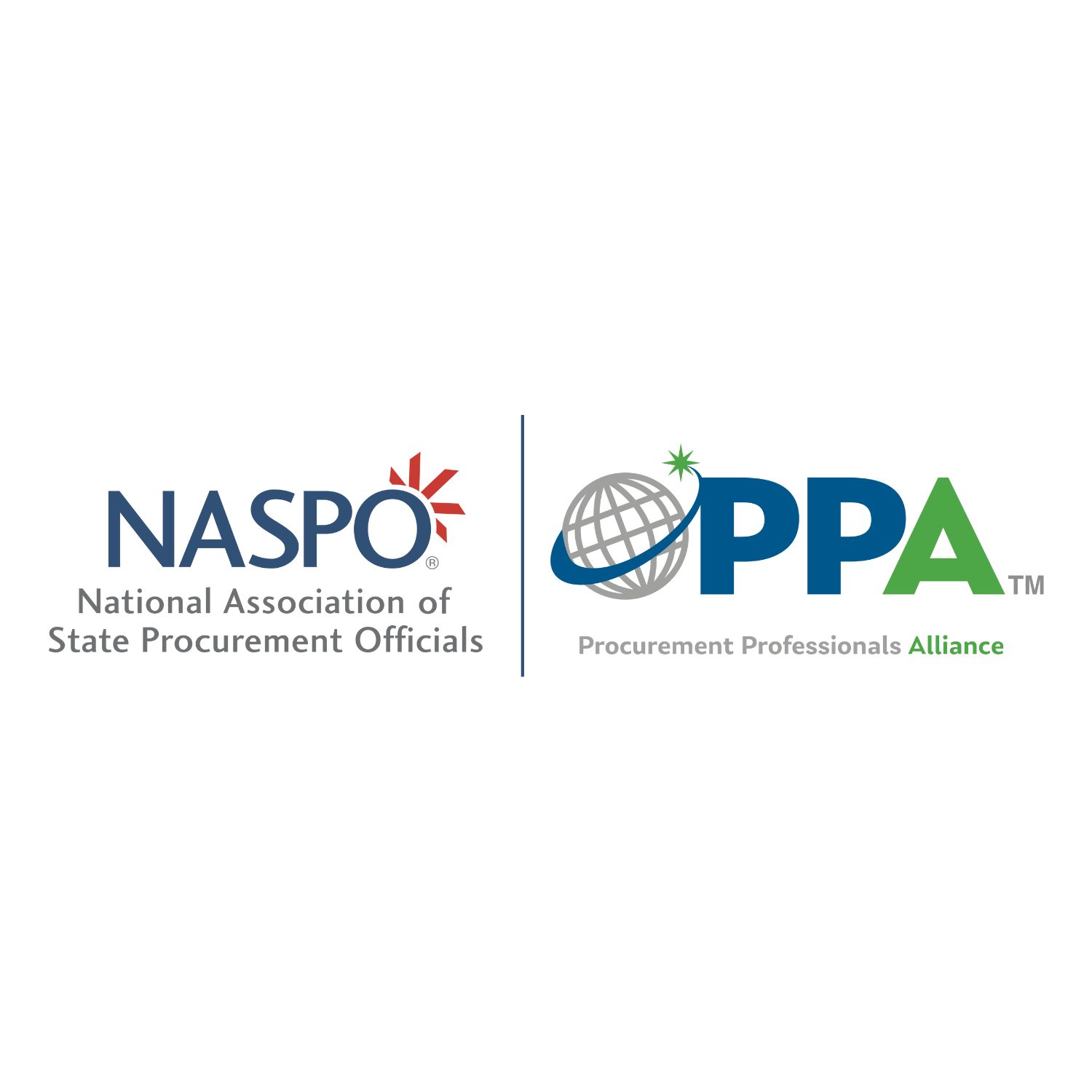Sunday Sessions I | April 13 | 11:50 AM - 12:40 PM ETSunday Session 1A | Sunday Session 1B Sunday Session 1A | The Critical Business of Emergency Preparedness: Strategic Partnering for Response, Recovery, and ResiliencyDescription Devastating major weather events increasingly present added monumental challenges to higher education campuses throughout our region– significantly impacting campus management, operations, and finances, as well as student, staff, and community well-being. Because of these unprecedented weather-related emergencies, college campuses now require elevated levels of preparedness, resource utilization, and community integration that likely have not been part of their previous standard operating procedures. To navigate these circumstances successfully and efficiently, it is critical that strong partnerships be interwoven across all campus and community constituencies and be instrumental in the preparation and execution of crisis response plans. In this session, Matt Rogers, Regional Vice President of Aramark Collegiate Hospitality, will lead a discussion about ways Aramark, its dining partner campuses, and the surrounding communities have collaborated to secure needed resources and offer vital support in the face events like the recent hurricanes that have affected SACUBO members’ States. Matt along with a panel of your peers will share strategies for emergency preparedness and crisis response efforts that enable campuses to maintain necessary operations, ensure wellbeing of staff and students, best manage financial impact, and support affected local economies. The session dialogue will encourage review and reshaping of plans that address new environmental realities - and will examine the meaningful impact of collaborative initiatives with partners who can step up and lead in times of need - to foster resiliency and solidarity across the entire campus community. Learning Objectives
Speakers
Sunday Session 1B | Adapting with Enrollment Scenarios - The University of Miami's Tuition Planning ApproachDescription The greatest challenges in today's higher education landscape often point to the revenue side of the equation, with enrollment planning at the heart of it all. Join the University of Miami for a detailed discussion of their enrollment and tuition assumptions as they leverage Anaplan to build scenarios and data-driver modeling of their top line numbers. Throughout the discussion, panelists will provide live demonstrations in Anaplan and highlight many aspects that make enrollment and tuition modeling challenging, while showing exactly how they have overcome common obstacles.From declining first year students to retention, from tuition rate pressure to cohort analysis, all institutions are faced with a variety of factors that not only make tuition planning a critical component of the annual budgeting process, but the variability makes it all the more critical to get it right. The University of Miami goes beyond just getting it right, as they layer in scenarios to open up an infinite combination of assumptions and adjustments, while building everything off detailed student-level data updating constantly. They also recognize that not all enrollment operates the same way, and will demonstrate both undergraduate and graduate level planning through purpose-built models. Join Tru Consulting and the University of Miami to not only hear about their enrollment planning, but see it for yourself as their data flows all the way back into their Workday financials to complete a full cycle of connected planning using Anaplan! Learning Objectives
Speakers
|


 Dr. Matt D. Rogers, Regional Vice President, Aramark Collegiate Hospitality
Dr. Matt D. Rogers, Regional Vice President, Aramark Collegiate Hospitality
 Justin Martin, Tru Consulting
Justin Martin, Tru Consulting Allen Mora, Director, Business Intelligence, University of Miami
Allen Mora, Director, Business Intelligence, University of Miami
